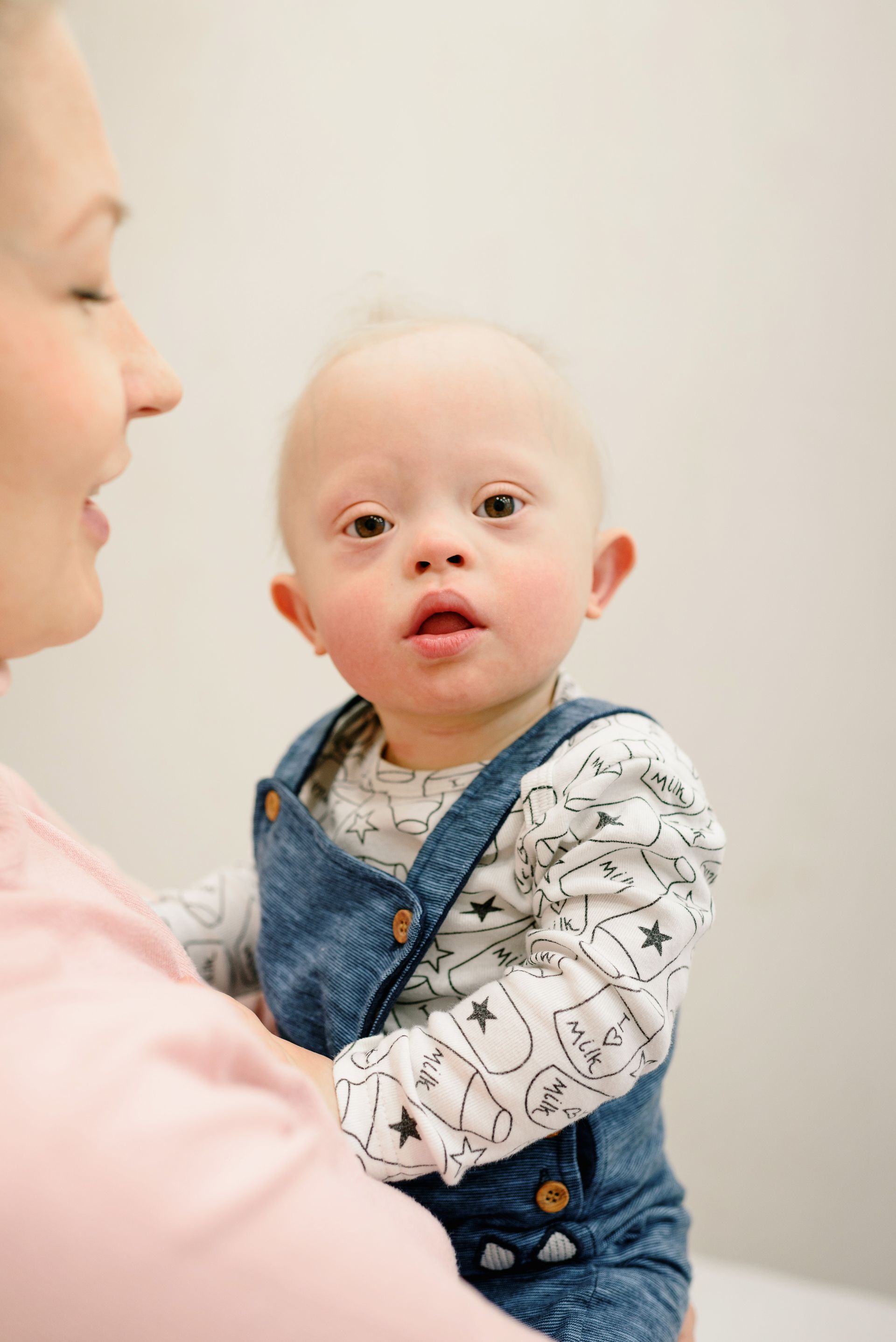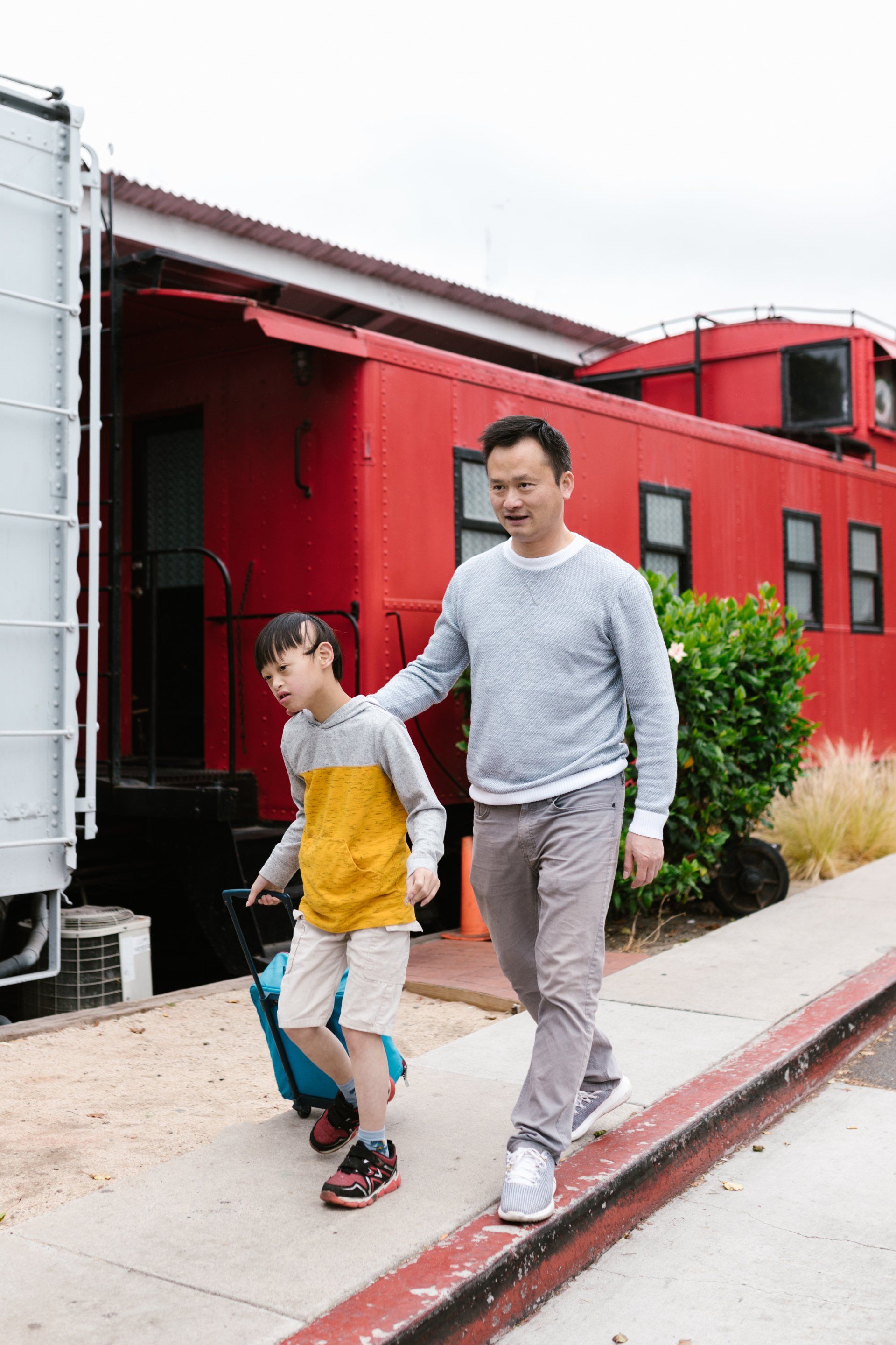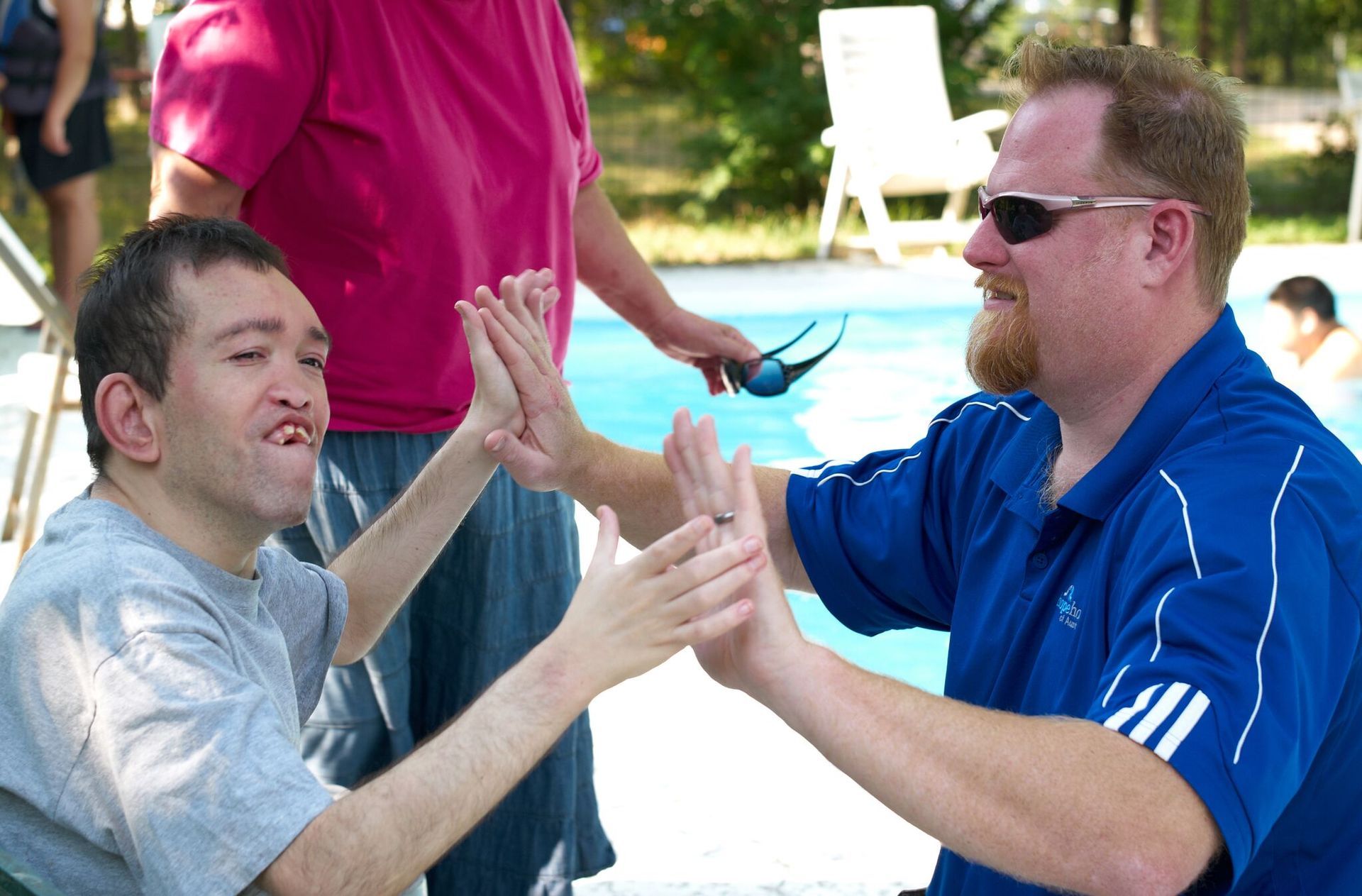Texas Disabled Children Struggle with Homelessness
The heartbreaking reality of disabled children in
Texas who are left homeless and vulnerable
The Prevalence and Challenges Faced by Homeless Disabled Children in Texas
Homelessness is a serious issue in Texas affecting both adults and children. According to the 2020 Annual Homeless Assessment Report to Congress, Texas has the second-highest homeless population in the United States. Among the homeless population, disabled individuals are particularly at risk, with a higher probability of experiencing homelessness than their non-disabled peers.
Disabled homeless children in Texas face unique challenges, as they often require specialized care and accommodations that are difficult to obtain while living in a shelter or on the streets. In addition to the hardships faced by all homeless children, disabled children also have to deal with chronic physical or mental health conditions, which can exacerbate the effects of homelessness.
One of the biggest challenges faced by homeless disabled children in Texas is access to adequate medical care. Children with disabilities often require specialized medical treatment, therapy, medications, and assistive devices to manage their condition, which can be difficult to obtain while homeless. In addition, homeless children are more likely to suffer from chronic medical conditions such as asthma, diabetes, and mental health problems due to exposure to unsanitary living conditions and stress.
Another challenge faced by homeless disabled children in Texas is limited access to education. Homeless children, in general, are less likely to be enrolled in school or to attend school regularly than housed children. Disabled homeless children may face even greater obstacles to academic achievement, including physical and environmental barriers, a lack of accessible transportation, and a lack of specialized educational resources.
Homeless disabled children in Texas also face a higher risk of experiencing abuse and neglect. Children who are homeless are more vulnerable to physical and sexual abuse, neglect, and exploitation. Disabled children are especially vulnerable to abuse and neglect and may be less able to report mistreatment or protect themselves from harm.
In conclusion, homeless disabled children in Texas face an uphill battle, struggling to overcome the challenges of poverty, homelessness, and disability simultaneously. It is essential to address the unique needs of this population, including access to adequate medical care, education, and protection from abuse and neglect, to improve their overall health and well-being.
Exploring the Impact of Homelessness on Disabled Children’s Health and Education in Texas
Homelessness can have detrimental effects on the health and education of all children, but those who are disabled face unique challenges. According to the National Center for Homeless Education, Texas had a total of 234,784 homeless students during the 2018-2019 school year, with 16% of those students being reported as having a disability. The following is a closer look at how homelessness impacts disabled children in Texas.
Health Impact
Homelessness can cause a variety of health issues for children, especially those with disabilities who may require special medical attention. Due to a lack of stable housing and resources, homeless disabled children may have an increased risk of chronic illnesses and infections. They may also experience developmental delays due to malnutrition and a lack of proper medical care.
In addition, homeless disabled children may experience more mental health challenges than their non-disabled peers. Homelessness can cause feelings of anxiety, depression, and stress, which can exacerbate mental health conditions such as PTSD and ADHD.
Education Impact
Homelessness can also have a significant impact on the education of disabled children. Homeless children are more likely to miss school due to transportation issues, health problems, or the need to care for family members. This can result in lower academic achievement and increased risk of dropping out of school.
Furthermore, homeless children often experience education disruptions due to frequent moves and changes in schools. For disabled children who require specialized services or accommodations, this can mean delays in receiving the necessary support. In some cases, the required support may not be available in a new school district, resulting in a lack of continuity and a further delay in educational progress.
In conclusion, homelessness can have a significant impact on the health and education of disabled children in Texas. To address this issue, it is crucial to provide homeless families with stable and affordable housing, as well as access to necessary medical care and educational services. By doing so, we can help ensure that all children have the opportunity to learn, grow, and succeed, regardless of their living situation or disability status.
Approaches and Policies to Addressing the Needs of Homeless Disabled Children in Texas
With the increasing number of homeless disabled children in Texas, there is an urgent need for approaches and policies that support and address their needs. Here are some of the various approaches and policies that can be implemented:
Integrated Service Delivery
Integrated service delivery systems can be established across agencies and programs to address the needs of homeless disabled children. This approach involves providing coordinated services in one location, making it easier for families to receive the care they need for their children. The services rendered through integrated service delivery may include physical and occupational therapy, mental health treatment and support, and medical care, among others.
Education Policies
The state of Texas should also strive to provide access to education for all homeless disabled children. This can be done through policies that address the complex needs of these children, including the provision of special education services, assistive technology, and individualized support from qualified personnel. Additionally, educational policies should also aim at reducing the barriers to school attendance, such as providing transportation and establishing procedures to assist children in enrolling in school or transferring schools.
Housing Programs and Support Services
Homelessness is a major barrier to the well-being of children with disabilities. Therefore, it is important to provide housing programs and support services that can help homeless disabled children and their families achieve stable housing. Policies can be established to provide temporary shelter, rental assistance, and housing vouchers, among other resources. Additionally, support services may include employment services, child care, and transportation assistance to help families become more self-sufficient.
Community Outreach and Awareness
Community outreach and awareness play a vital role in addressing the needs of homeless disabled children. Policymakers can design comprehensive outreach programs to identify, educate, and support this population. Such programs may include public awareness campaigns to educate the community about the needs of homeless disabled children, outreach efforts to locate and engage families, and partnerships with community organizations to provide support services to those in need.
Collaboration among Agencies and Organizations
To provide effective support to the homeless disabled children of Texas, agencies and organizations must collaborate with one another. Coordination is essential for ensuring that services are available and provided complementarily. Additionally, collaboration can help agencies and organizations make effective use of limited resources, building on each other's strengths and expertise.
Addressing the needs of homeless disabled children in Texas requires deliberate efforts from policymakers, lawmakers, and other stakeholders. A comprehensive approach that combines housing, education, community outreach, and coordinated services can help improve the lives of these vulnerable children and their families.

Quick Links
Contact
Email:
Phone:
512-515-6889 - Main Office
Address:
Mailing - PO Box 457
Main House - 1705 County Road 285
Liberty Hill, TX 78642
Hope House. All Rights Reserved.
Nonprofit Website by Noble










